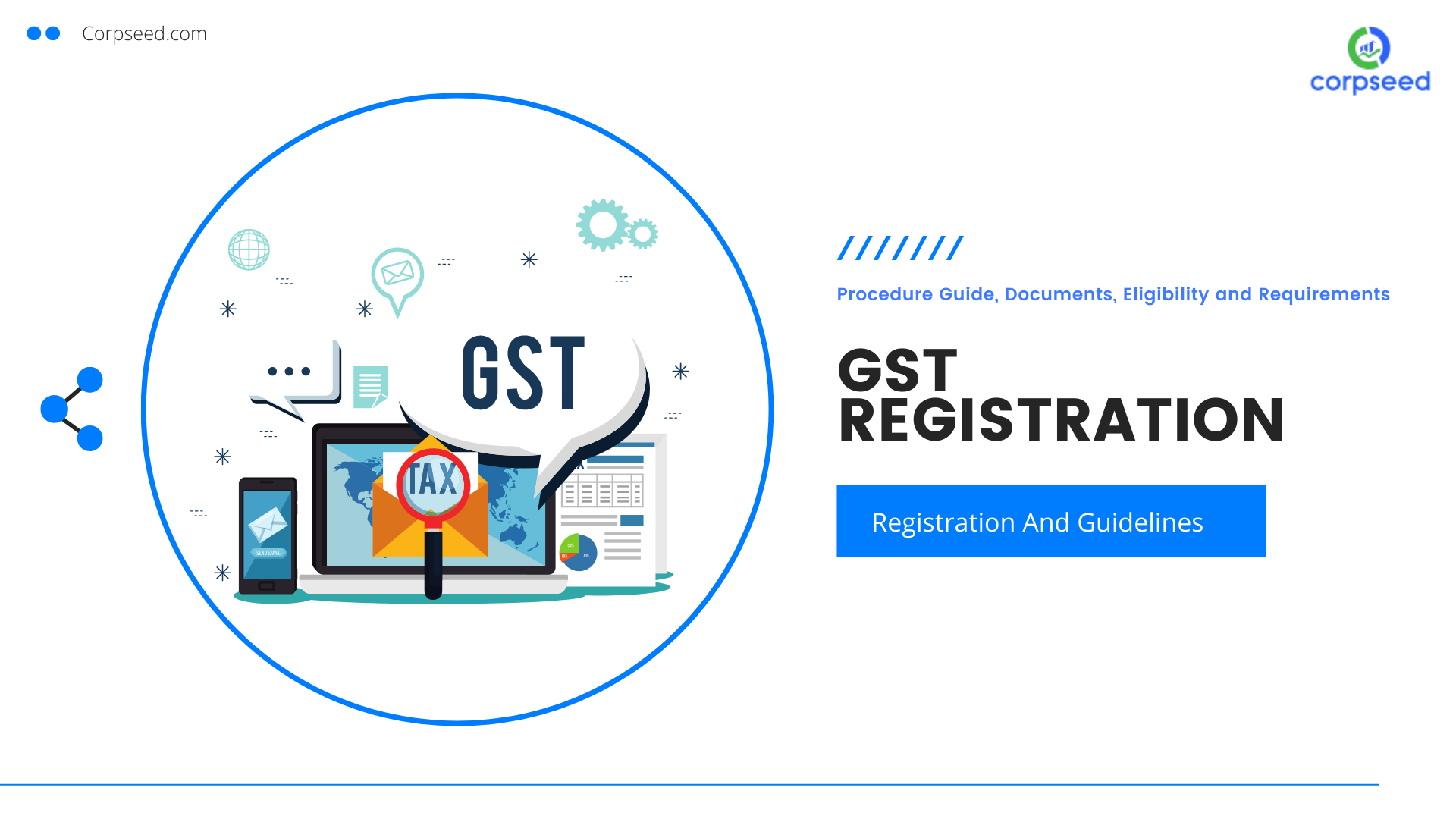The Ultimate Overview to Streamlining the GST Registration Process and Needs for Small Company Owners

Recognizing GST Essentials
To realize the principles of the Item and Provider Tax Obligation (GST) system, small service proprietors need to initially comprehend its underlying implications and principles. GST is a value-added tax imposed on the majority of items and solutions for residential intake. It aims to improve the taxes process by replacing numerous indirect tax obligations imposed by the state and central federal governments. Under the GST regimen, companies are called for to gather and sign up tax obligation in support of the federal government, making sure openness and compliance.
One of the essential concepts of GST is input tax obligation credit scores, which allows companies to claim debt for taxes paid on their purchases. This mechanism protects against the plunging result of tax obligations and promotes effectiveness in the tax system. In addition, GST is a destination-based tax, suggesting that the tax obligation is imposed at the point of usage rather than the factor of origin. This ensures fair circulation of tax obligation profits among states based on where the products or services are consumed. Recognizing these fundamental principles is important for tiny company owners to navigate the complexities of the GST system and guarantee compliance with the law.
Eligibility Criteria for Registration
Having established a fundamental understanding of GST concepts, little company proprietors must now fulfill particular qualification requirements to continue with the enrollment procedure (Singapore GST Registration). Companies that were registered under the previous tax program (VAT, solution tax obligation, etc) are additionally mandated to sign up under GST. Agricultural organizations that only supply produce out of main production are excluded from GST enrollment.
Files Needed for GST Enrollment

Simplified Enrollment Process Steps
Complying with the collection and verification of the requisite files, the enrollment process for GST can be browsed via a collection of streamlined steps developed to facilitate effective conformity for local business owners. The initial step involves going to the GST website and picking the 'New Enrollment' option. Subsequently, the applicant has to fill in Part A of the GST REG-01 type with details such as frying pan, mobile number, and email address to get an OTP for verification. Once the OTP is Continued obtained and gotten in, a Momentary Reference Number (TRN) is produced for more proceedings. The next action calls for filling in Part B of the type with essential business details, publishing supporting files, and completing the verification procedure using DSC or EVC. Finally, upon successful confirmation, an Application Referral Number (ARN) is released, suggesting the completion of the GST registration procedure. By adhering to these simplified steps, tiny organization owners can successfully sign up for GST and make certain conformity with tax guidelines.
Tips for Ensuring Compliance
To preserve regulatory adherence and operational stability, diligent oversight and aggressive steps are pivotal in guaranteeing compliance with GST demands for tiny organization owners. Tiny company owners need to remain updated with GST policies, submitting due dates, and any type of adjustments in tax obligation rates to stay clear of charges and maintain an excellent standing with tax obligation authorities. Going to GST awareness workshops or training programs can boost understanding and compliance with GST policies, ultimately benefiting the organization in the lengthy run.
Conclusion
To conclude, local business proprietors must understand the basics of GST, meet the qualification requirements, collect needed documents, and follow the simplified enrollment procedure actions to make sure conformity. By simplifying the GST enrollment procedure and needs, small company owners can avoid charges and operate their organizations efficiently within the legal structure - Singapore GST Registration. It is critical for local business owners to stay educated and certified with GST laws to preserve a successful business operation
Little organization owners seeking GST enrollment should guarantee they collect and send the essential files to visit this website finish the enrollment process effectively. The files needed for GST enrollment commonly include proof of service registration or incorporation, FRYING PAN (Irreversible Account Number) card of the service address, entity and identity proof of the promoters/partners/directors, pictures, address proof of the location of company, financial institution account declarations or canceled cheques, and consent types. Going to GST recognition workshops or training programs can boost understanding and compliance with GST regulations, eventually benefiting the business in the lengthy run.
By streamlining the GST registration procedure and demands, small business owners can prevent charges and operate their services efficiently within the legal framework. It is critical for small business owners to stay enlightened and compliant with GST policies to maintain a successful service operation.